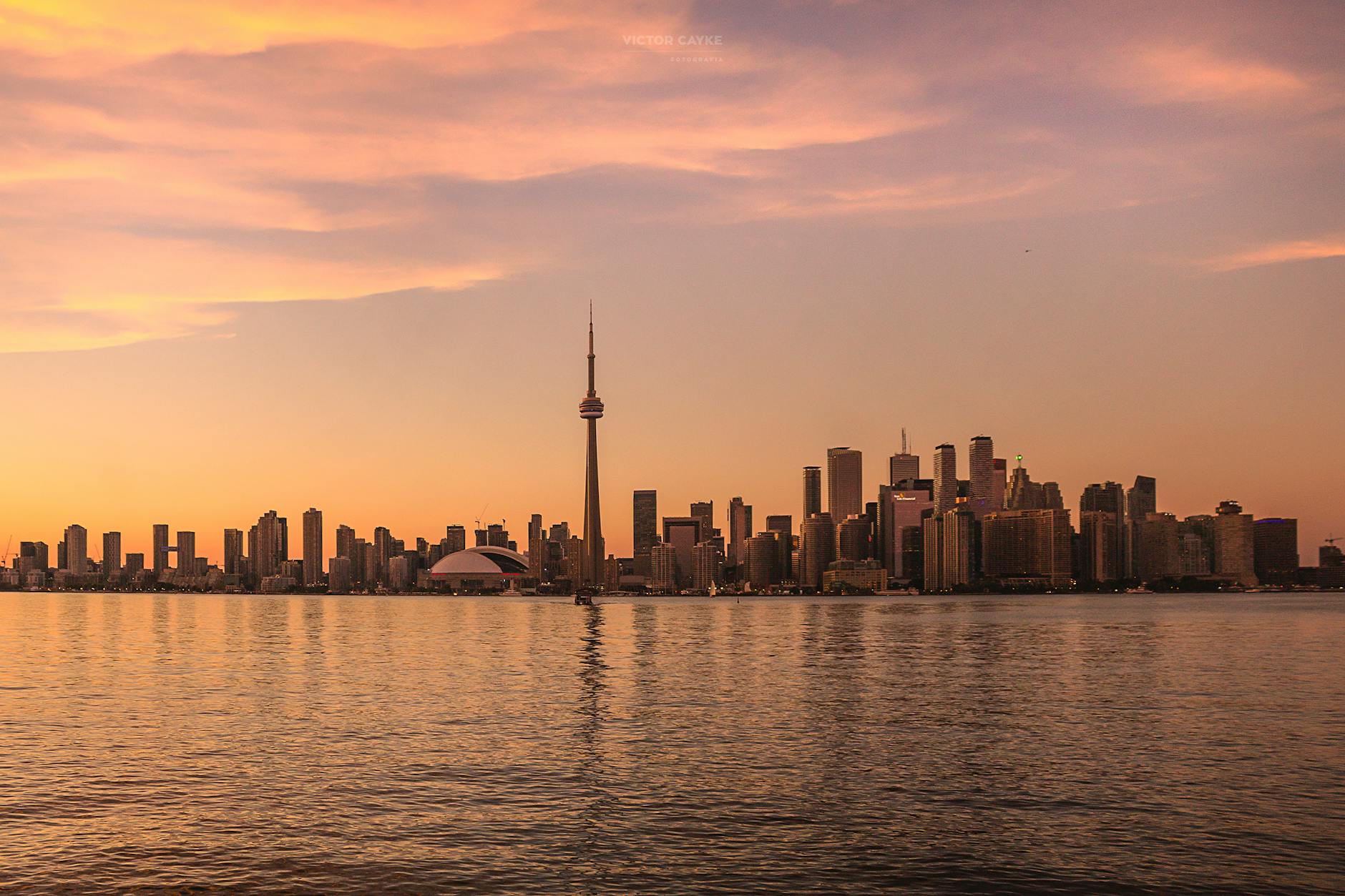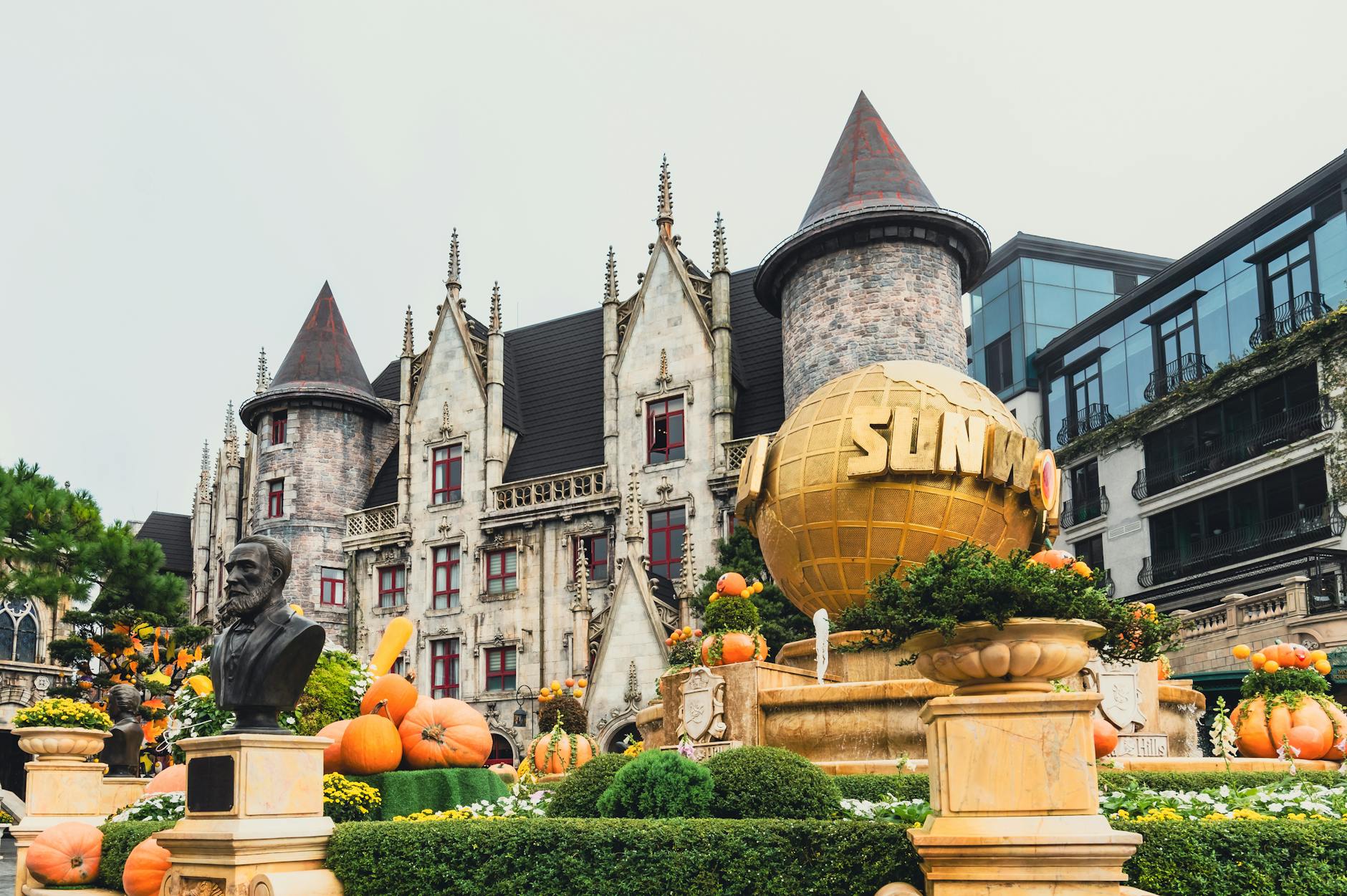Can Australia Inspire Global Standards for Sustainable Travel?

Australia's Sustainable Travel Practices
Australia has been a leader in promoting sustainable travel practices, and Melbourne is a beacon of this movement with its initiatives in eco-tourism and conservation. For those planning South American tours, considering Australia's approaches might enhance your experience through better awareness and sensitivity to environmental concerns. The lush landscapes of South America, similar to our own Royal Botanic Gardens Victoria, deserve the same care and respect.
Conservation-Friendly Accommodations
Staying at accommodations that prioritise sustainability is crucial. Look for places that use renewable energy sources, have implemented water-saving measures, and support local biodiversity. In South America, support businesses that channel a portion of their profits into conserving the rainforest or other natural habitats.
Eco-Certified Tours
Choosing eco-certified tours ensures that your travel activities have minimal environmental impact. In Melbourne, we promote tours with certified operators that follow stringent sustainability guidelines. When exploring the Amazon, for example, an eco-certified South America tour can provide a similar assurance of ethical practices.
Wildlife Protection Initiatives
Active involvement in wildlife protection is another way Melbourne excellent reflects its commitment to sustainability. Our efforts to conserve habitats along the Yarra River inspire tours that focus on protecting local fauna. When visiting South America, support projects and organisations that work tirelessly to preserve its unique ecosystems, fostering a harmonious relationship between visitors and nature.
Aligning your travel plans with sustainable practices not only enriches your journey but also contributes to preserving the beauty and resources of our planet. Each mindful choice you make has the potential to effect significant change—spreading the ethos of environmental responsibility from Melbourne to the Amazon basin.
Influence on Global Tourism
Environmental Regulations Abroad
Understanding the influence of Australia's sustainable travel practices on global tourism involves recognising how environmental regulations and sustainable practices are shared and adapted internationally. Countries worldwide observe Melbourne’s initiatives, such as the sustainable projects at Federation Square, to craft their eco-friendly tourism models. When exploring the role of these practices, particularly through the lens of Antarctica cruises, we see the importance of stringent environmental safeguards. Cruises must adhere to international agreements like the Antarctic Treaty, ensuring minimal ecological disruption.
Adoption of Sustainable Models
Australia's dedication to sustainability has inspired numerous countries to adopt similar eco-friendly models. With practices rooted in respecting natural landscapes and biodiversity, nations can learn effective strategies to minimise their environmental footprint. Elements like low-impact lodging and eco-certified tours serve as a template for sustainable international travel programs.
Partnerships with Global Organizations
Collaborating with global organisations is crucial for advancing sustainable tourism. Australia's involvement with international bodies fosters the exchange of innovative solutions, enhancing the conservation of both polar and tropical ecosystems. Whether on a cruise or at a green-touted landmark like the Royal Botanic Gardens Victoria, partnerships ensure the continuation of responsible travel initiatives that benefit local communities and global ecosystems alike. Sustainable collaborations play a pivotal role in championing these efforts.
Challenges in Global Implementation
Diverse Ecological Requirements
Navigating the multifaceted ecological needs of our planet can be daunting. Each region has its own specific environmental demands, calling for tailored approaches to conservation. Consider the lush rainforests of South America, teeming with life, compared to the icy expanse of Antarctica, each requiring distinct strategies. For someone interested in Antarctica travel, the challenge lies in implementing sustainable practices that respect both the harsh polar conditions and the delicate biological interactions.
Cultural Perception Barriers
Cultural perceptions significantly shape how sustainability is adopted worldwide. Many cultures have traditional practices that may conflict with modern eco-friendly initiatives. In Australia, we've seen successes with initiatives near places like Federation Square. Sharing these experiences internationally can bridge understanding, fostering more globally informed environmental actions.
Infrastructure and Policy Alignment
Establishing green infrastructure and aligning policies globally remains a big challenge. For instance, urban green spaces along the Yarra River remind us of the potential for cities to harmonise natural landscapes with urban environments. These models should be adapted in global urban areas to ensure sustainable growth. Australian practices, renowned for their effectiveness, can serve as templates for other nations aiming to integrate sustainability into infrastructure planning.
The globe's diverse ecological and cultural tableau coupled with varied policy landscapes present ongoing challenges in the sustainable travel sector. By acknowledging these complexities, we can work towards more holistic solutions that involve local communities and international partners. This approach ensures that sustainable methods are effectively tailored and adopted worldwide.
Best Practices for Sustainable Travel
Engaging Local Communities
Sustainable travel is more than just an eco-friendly endeavour; it involves connecting with local communities. By fostering strong relationships with locals, travellers can gain deeper insights and contribute to the preservation of cultural heritage. This collaborative approach ensures that economic benefits reach all corners of society, supporting both conservation and local economies. Activities like community-led tours offer authentic experiences while directly empowering residents. Plus, engaging with locals can illuminate regional challenges and inspire sustainable solutions specific to each area.
Promotion of Low-Impact Travel
Incorporating low-impact travel choices is integral to reducing one's environmental footprint. Opt for public transport, bike rentals, or simply walk to the destinations. These choices not only lessen environmental impact but also enhance your experience by allowing a more intimate connection with the surroundings. When planning South America holidays, for example, be mindful of eco-friendly practices that can accompany your explorations. By choosing eco-certified accommodations and local guides committed to sustainability, your travels can positively influence the environment and local communities.
Monitoring Environmental Impact
Regularly assessing the environmental effects of your travels is a crucial step in promoting sustainability. Utilize apps and tools that help measure and offset carbon footprints, ensuring your adventures remain aligned with eco-conscious principles. Continuous monitoring can identify areas for improvement and encourage the adoption of sustainable practices for future journeys. Each small step cumulatively moves us toward a greener planet, inspiring others to follow suit.
Understanding Sustainable Tourism
Tackling Common Misconceptions
Sustainable tourism is often misunderstood to just be about environmental conservation. While this is an important aspect, it also includes promoting social justice and improving economies. For example, when visiting Melbourne’s Royal Botanic Gardens Victoria, it’s not just about enjoying the lush scenery but also understanding the local efforts in conservation and community welfare. Adapting sustainable practices in tourism involves more than just offsetting carbon footprints; it's also about the way we engage and respect local cultures and communities.
Metrics for Effective Evaluation
Understanding the success of sustainable tourism requires measuring its impact effectively. Key metrics include the reduction of carbon emissions, waste management improvements, and the socio-economic benefits to local communities. The sustainable initiatives at Federation Square offer a practical example — from its green building techniques to the promotion of local arts and culture. Monitoring these initiatives not only helps in refining strategies but also inspires greater community involvement and accountability.
Future Trends in Sustainable Tourism
Looking ahead, the future of sustainable tourism is set to be more integrated with technology, aiming to provide real-time data on environmental impacts. Additionally, initiatives such as those along the Yarra River, focusing on preserving green spaces and promoting eco travel, will likely gain momentum. As more individuals seek meaningful travel experiences, the demand for tours that highlight conservation and community partnership over mere leisure will drive innovation in the sector. This shift not only influences our travel choices but also sets a benchmark for global tourism sustainability standards.


